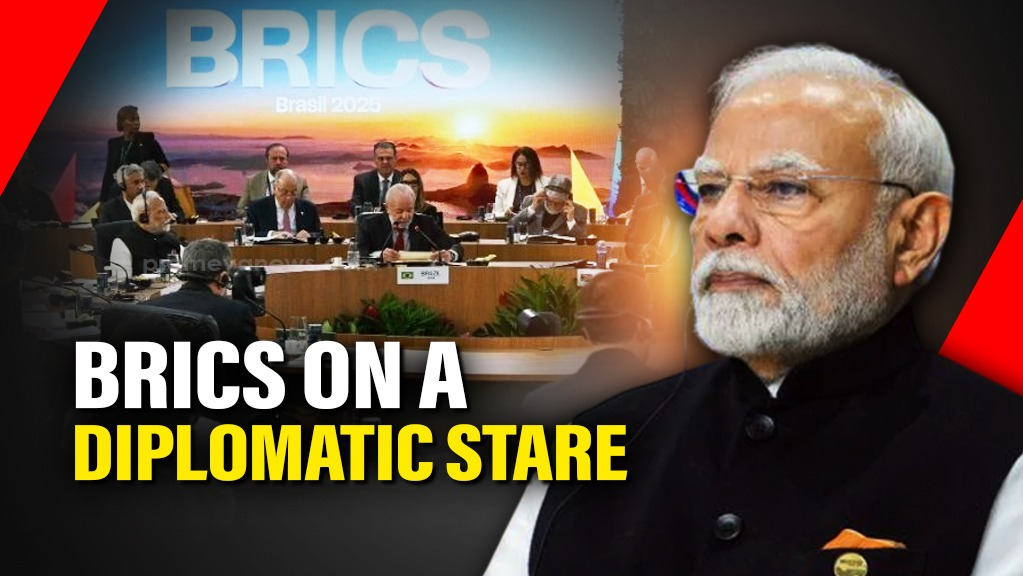

In a significant display of collective diplomacy, leaders of the expanded 11-nation BRICS bloc have voiced strong criticism of key US economic and foreign policies. During their summit on Sunday, the group found common cause in condemning President Donald Trump's "indiscriminate" import tariffs and the recent Israeli-US military strikes on fellow member, Iran. The joint statement from the emerging economies, which together account for about 40 percent of global economic output, represents a direct challenge to Washington's recent actions on the world stage.
Though the summit's joint declaration carefully avoided naming President Trump or the United States directly, its message was unambiguous. The BRICS nations expressed "serious concerns about the rise of unilateral tariff" measures, warning that such actions risk harming the global economy. The statement comes as a months-long reprieve on punitive US duties is set to expire, with Trump warning partners to reach "deals" by August 1 or face new levies.
The criticism drew a swift and direct response from the US President. In a post on his Truth Social platform, Trump fired back at the bloc, writing, “Any country aligning themselves with the Anti-American policies of BRICS will be charged an ADDITIONAL 10% Tariff. There will be no exceptions to this policy.”
The summit also offered symbolic backing to Iran, one of its newest members. The leaders jointly condemned a series of recent military strikes carried out by Israel and the United States against nuclear and other targets within the country. This unified stance provided a notable, if carefully worded, show of support for Tehran on a global platform.
However, this display of unity on specific issues could not entirely mask the significant internal divisions and diplomatic sensitivities within the expanded group. The summit's final statement on the Israel-Palestine conflict, which called for a peaceful two-state solution, stood in contrast to Tehran's long-standing position. An Iranian diplomatic source confirmed their government had conveyed its "reservations" about this language to the Brazilian hosts.
Further highlighting the bloc's internal challenges, Saudi Arabia's foreign minister, another new member and a key US partner, skipped Sunday's discussions entirely. The political weight of the summit was also diminished by the absence of two of its most influential leaders. China's Xi Jinping missed the meeting for the first time in his 12-year presidency, and Russia's Vladimir Putin, facing international war crimes charges, participated only via video link. Despite these fractures, the summit did manage to find consensus on other issues, including a call for greater regulation of artificial intelligence to ensure the technology does not remain the exclusive domain of wealthy nations.